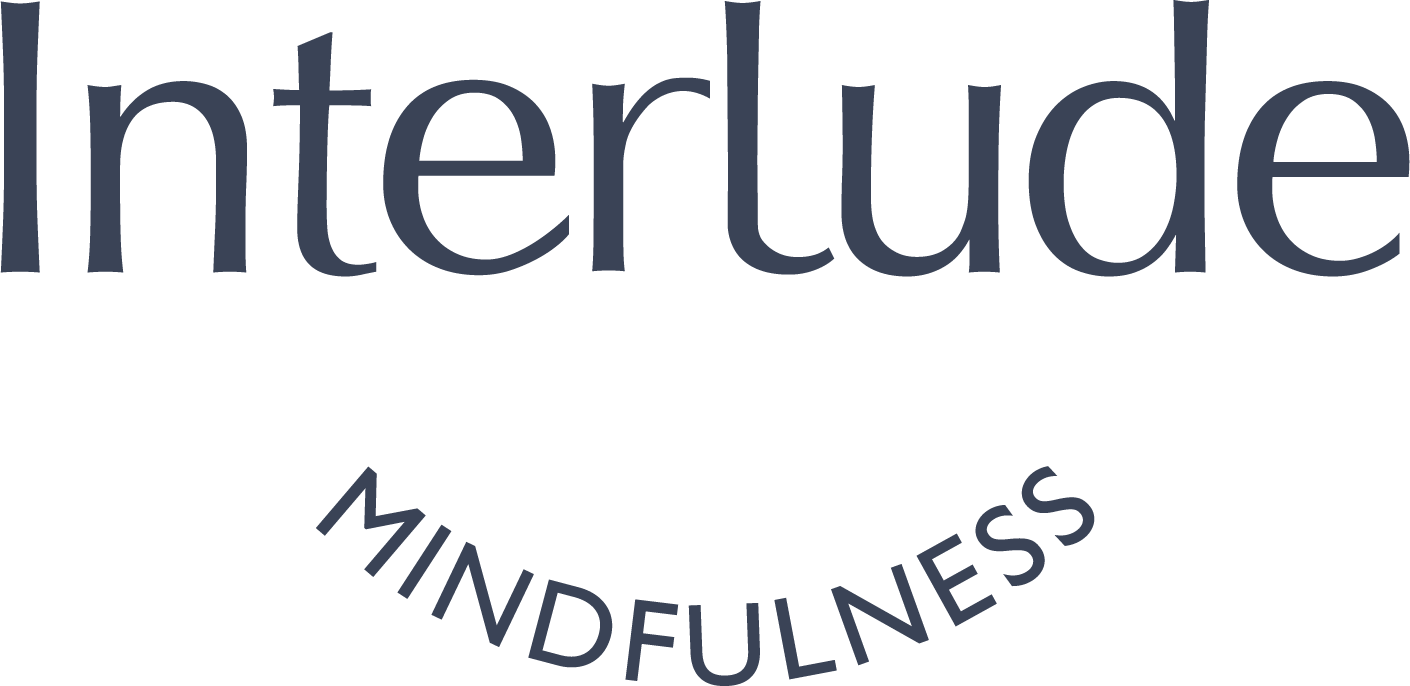A guide to feeling more confident as a coach
Photo Credit: Karen Staniland Platt
Have you ever finished a coaching session and found yourself over-analysing the one thing you could have done better rather than reflecting on all the things that went well? Does it stop you from feeling like a confident coach?
You beat yourself up over the things you wish you hadn’t said, or key points you didn’t pick up on until afterwards. Maybe you get frustrated that the coaching isn’t going in the direction you wish, especially if the client is not taking the agreed action and you feel that this is partly your fault.
If you’ve experienced these thoughts and feelings, you’re definitely not alone! After all, it’s not easy to have a balanced and neutral view of your own coaching abilities and many of us are our own biggest critics.
It’s very easy to fall into the trap of negativity and regret, of feeling like things didn’t go as you’d hoped. The problem is that negative, self-critical thinking can dominate your thoughts. They can cause you to feel pretty miserable, lose your confidence and impact future coaching performance.
Yes, there is a place for reflection and improvement but it’s also important to know when this kind of thinking is helpful and when it isn’t.
As a confident coach you need to believe in your ability to help your clients achieve their goals, so how do you work with those negative thoughts and perhaps tune into something more helpful?
Keep reading because I’ll be sharing some great tips to help you do just that – and I also have a short mindfulness practice you can download and try today: download the STOP Practice
You don’t have to believe everything your mind tells you
If you tend to be quite hard on yourself, then you’re certainly not alone. We all have a brain which is geared toward the negative, of what went wrong rather than what went right. It’s called a negativity bias and it’s our evolutionary way of keeping us safe. Check out Rick Hanson who has done some really interesting research on the neuroscience of our negativity bias here.
If we beat ourselves up, we won’t do it again or we’ll be encouraged to do things differently next time – right?
Our minds can be very convincing too. But, thoughts are not facts. You don’t have to believe your negative thinking and it’s important to be able to decipher fact from fiction.
You can train your mind to be more confident – yes it’s true!
Through mindfulness, you can learn to see a different perspective. You can give yourself the time and space to be able to step back from the runaway thoughts and settle the mind long enough so that you can see clearly. You can unhook from the story you are telling yourself and see the impermanence of the moment, even the more positive aspects of your situation.
If it really hasn’t gone as well as you’d hoped, mindfulness teaches you to process your emotions through your body rather than your mind. The body is much more effective because the mind wants to keep fixing the problem by additional thinking and this maintains and contributes further to your stress levels.
How does this work in practice?
By learning mindfulness, you begin to build a clearer awareness of your experience. You gain the skills to separate your thoughts, feelings and body sensations so that you can disentangle them.
You can think of this as similar to finding a pile of tangled-up necklaces in the bottom of your jewellery box. They’re all different – beads, pendants, chokers in gold, silver, stones etc. You see them as they are and they look like a complete mess but when you start to unpick and separate them, they each become more manageable, and you can start to work with them.
When you are able to separate your experience in this way, you have greater clarity and are then able to stop yourself from becoming entangled. By focusing attention on the body, you have a direct experience of your emotions, turning towards them, allowing them and letting them be, can take the sting out. Try this short mindfulness practice designed to give you that moment of pause.
Your mind can then settle long enough so that you have more clarity. You see how your thoughts have impacted your interpretation which then determines how you feel physically and emotionally.
It becomes easier to see old patterns of thinking and reacting and that your thoughts are not necessarily facts. They may be true, they may be partly true or they may be complete rubbish. Whichever that might be, mindfulness gives you the ability to have a more objective and possibly more positive view.
Before you go – make sure you download that mindfulness practice and test it for yourself!

